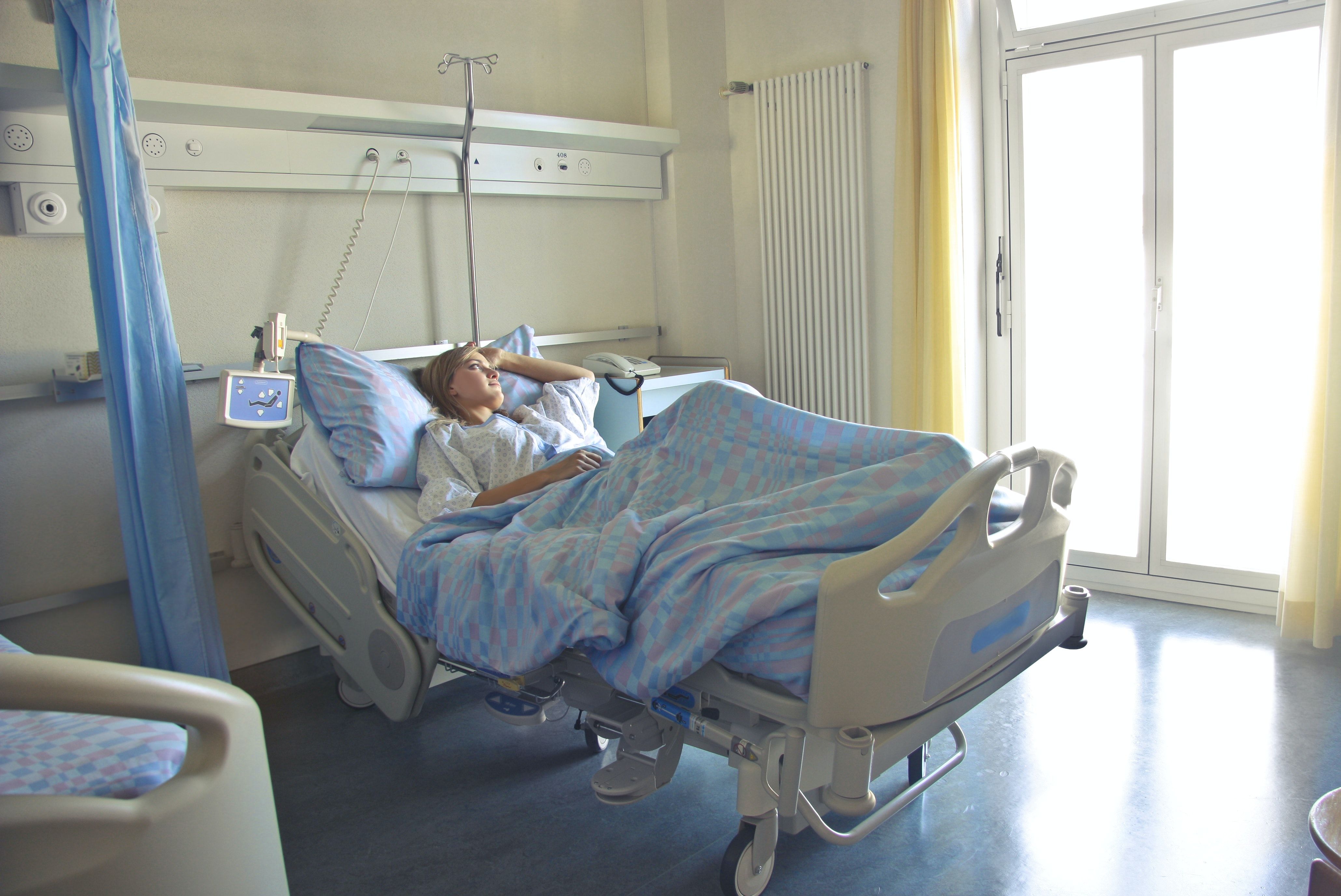Article
Proton Pump Inhibitor Use Linked to Higher Mortality Rate in Critically Ill Patients
Author(s):
Both proton pump inhibitors and histamine 2 receptor antagonists are commonly prescribed for stress ulcer prophylaxis in critically ill patients.

New research concludes proton pump inhibitors (PPI) should not be used as a prophylaxis for gastrointestinal bleeding for critically ill patients.
A team, led by Myung Jin Song, Division of Pulmonary and Critical Care Medicine, Department of Internal Medicine, Seoul National University College of Medicine, Seoul National University Bundang Hospital, compared proton pump inhibitors and histamine 2 receptor antagonists for stress ulcer prophylaxis in critically ill patients using a common data model.
Background
Critically ill patients are at an increased risk of stress ulcer-related gastrointestinal tract bleeding, with between 2.6-6.6% of patients suffering from the disorder. This group has 2-4 times higher risk of death. However, the pathophysiology of stress ulcers in critically ill patients is not fully understood.
Many investigators believe stress ulcers are related to the disruption of mucosal protective defenses against gastric acid, gastric mucosal hypoperfusion, increased acid production, and oxidative injury to the digestive tract.
Proton Pump inhibitors and histamine 2 receptor antagonists are commonly deployed to prevent gastrointestinal bleeding in critically ill patients through stress ulcer prophylaxis.
However, the efficacy and safety of these combination drugs is not entirely known.
The Analysis
In the retrospective, observational, comparative cohort, the investigators examined 935 patients from each treatment group.
The preference score was highly overlapped after propensity score matching. The mean age of the patient population was 67 years in both groups.
Results
Overall, the proton pump inhibitor group had a significantly higher 90-day mortality rate in comparison with the histamine 2 receptor antagonist group (RR, 1.28; P = 0.01). In the PPI group, 25.9% (n = 242) of patients died by the 90 day mark in the hospital, compared to 21.8% (n = 204) of patients in the histamine 2 receptor antagonist group.
There were no significant inter-group differences between the 2 groups in the risk of clinically important gastrointestinal bleeding observed, which occurred in 1.6% and 1.7% of the PPI and histamine 2 receptor antagonist group, respectively and no significant differences between the groups in the risk of pneumonia or Clostridioides difficile infections (CDI), which are both known potential adverse events related to the use of either treatment.
After conducting a subgroup analysis, the investigators found patients with high disease severity were consistent with those of the total propensity score-matched population.
“These findings do not support the current recommendations, which prefer PPIs for gastrointestinal bleeding prophylaxis in the intensive care unit,” the authors wrote.
Limitations
The study did include some limitations that should be noted.
One potential limitation is the investigators only used data from index hospitalizations. This means the mortality rate could be an underestimate.
Another limitation is the investigators measured GI bleeding events based on hemoglobin levels and required transfusions without assessing their clinical significance, which could lead to under- or overestimations.
There is also the possibility of underestimating pneumonia and C difficile infections.
The study, “Comparison of proton pump inhibitors and histamine 2 receptor antagonists for stress ulcer prophylaxis in the intensive care unit,” was published online in Scientific Reports.





